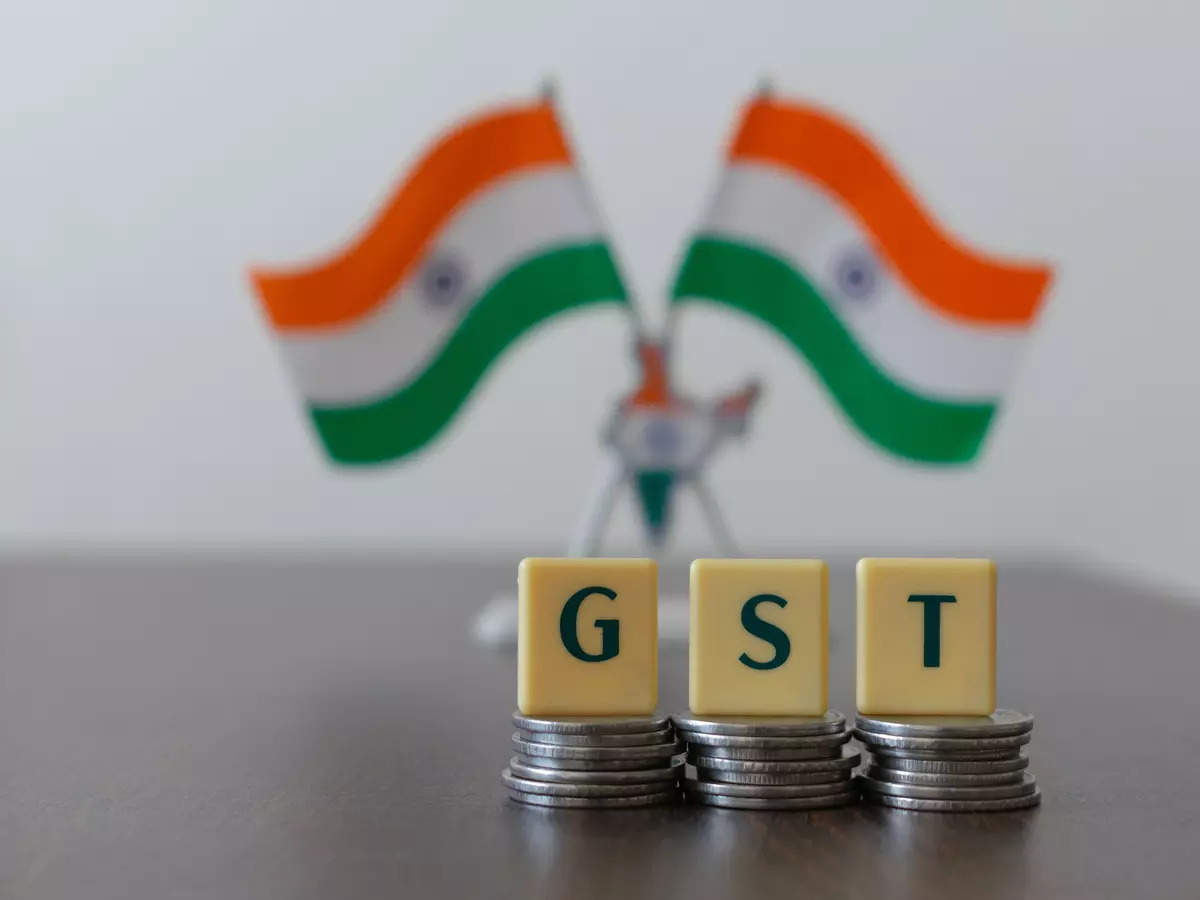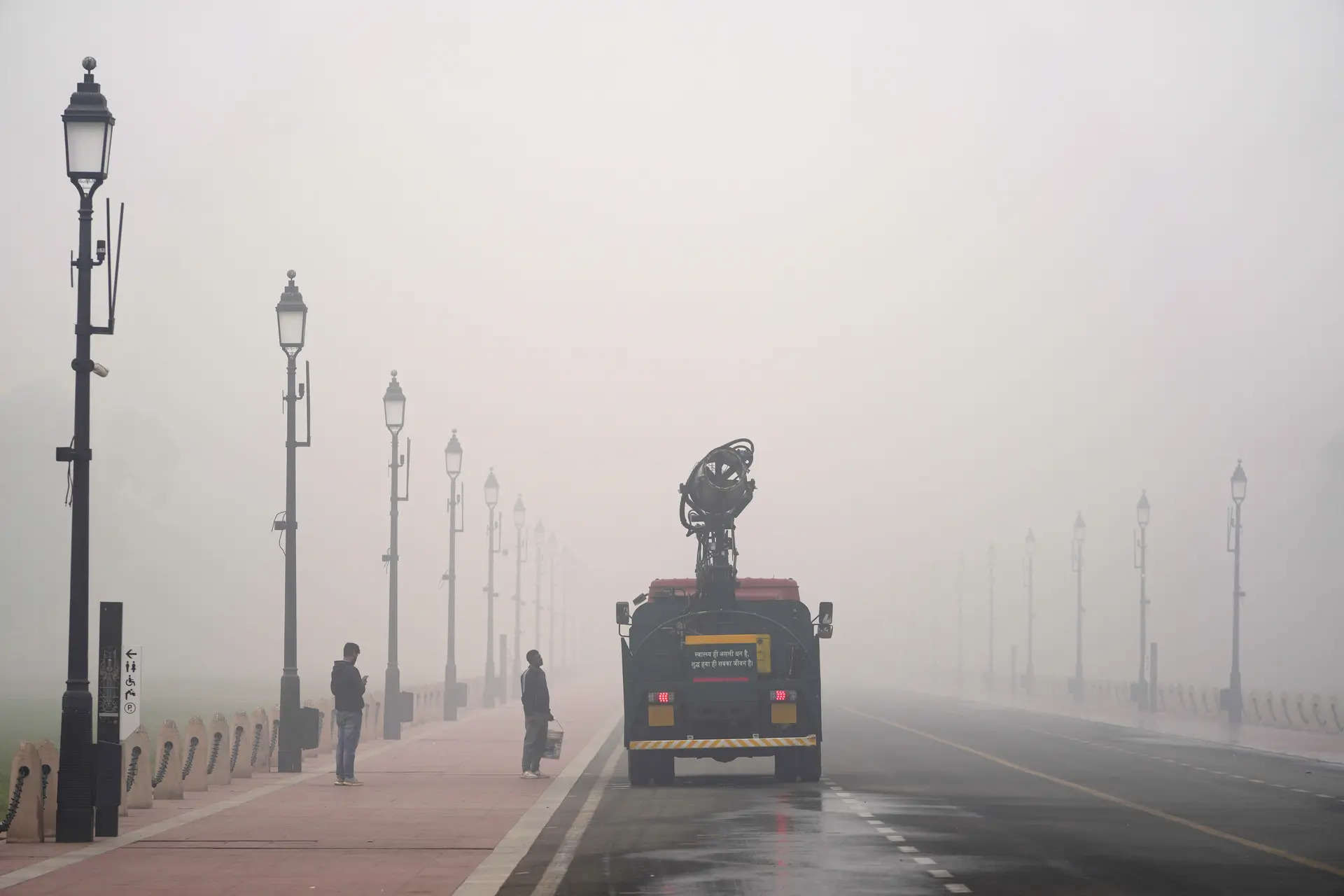
(UPDATE) MANILA ranked 121st among 142 smart cities in the world, sliding six places from last year, based on the latest Smart City Index (SCI).
According to the study initiated by the Institute for Management and Development (IMD) World Competitiveness Center's Smart City Observatory, this marked the third consecutive year that the ranking of the Philippine capital declined.
The findings showed that Manila did well in specific areas, such as providing online access to employment opportunities as well as easier online purchasing of tickets to shows and museums.
The 2024 SCI showed that respondents were most concerned about health services (53.9 percent), corruption and transparency (50.6 percent), unemployment (45.9 percent) and public transport.
Other priority concerns include road congestion, security, affordable housing, air pollution, basic amenities (water, waste), fulfilling employment, school education, recycling, green spaces, social mobility or inclusiveness, and citizen engagement.
IMD produces a yearly SCI offering a balanced focus on economic and technological aspects of smart cities on the one hand, and "humane dimensions" of smart cities such as quality of life, environment, and inclusiveness, on the other.
Residents are asked for their perceptions about two pillars: structures, or the existing infrastructure of the cities, and technology, or the technological provisions and services available to the inhabitants.
Each pillar is evaluated over five key areas: health and safety, mobility, activities, opportunities, and governance.
The study, which differs from others by being human-centric, combines hard data and survey responses to show the extent to which technology is enabling cities to address the challenges it faces to achieve a higher quality of life for its inhabitants.
In this year's SCI, Europe and Asia contain the world's smartest cities with Sydney, Hong Kong, Shanghai and Riyadh on the rise.
Zurich retained the top spot for the fifth consecutive year, with Oslo in second place, Canberra in third, Geneva in fourth and Singapore in fifth.
Singapore was the lone Asian city in the top 10.
Other Asian cities in the top 20 were Beijing at 13th, Taipei City at 16th, Seoul at 17th, Shanghai at 19th and Hong Kong at 20th.
Completing the list were Copenhagen (6th), Lausanne (7th), London (8th), Helsinki (9th), Abu Dhabi (10th), Stockholm (11th), Dubai (12th), Hamburg (14th), Prague (15th) and Amsterdam (18th).
"Residents in these cities are increasingly satisfied, meaning their detailed results will be especially inspiring for policymakers in cities worldwide," IMD said.
On the other hand, US cities — including Washington D.C., Denver, Los Angeles, San Francisco, New York City and Chicago — and Canada's Ottawa and Montreal were seen "losing ground."
"Last year, most US cities rose in the index, but this year, they have fallen. Some explanation can be found in [US President Joe] Biden's Build Back Better, which had a positive effect," said Bruno Larvin, president at the Smart City Observatory.
Read The Rest at :










